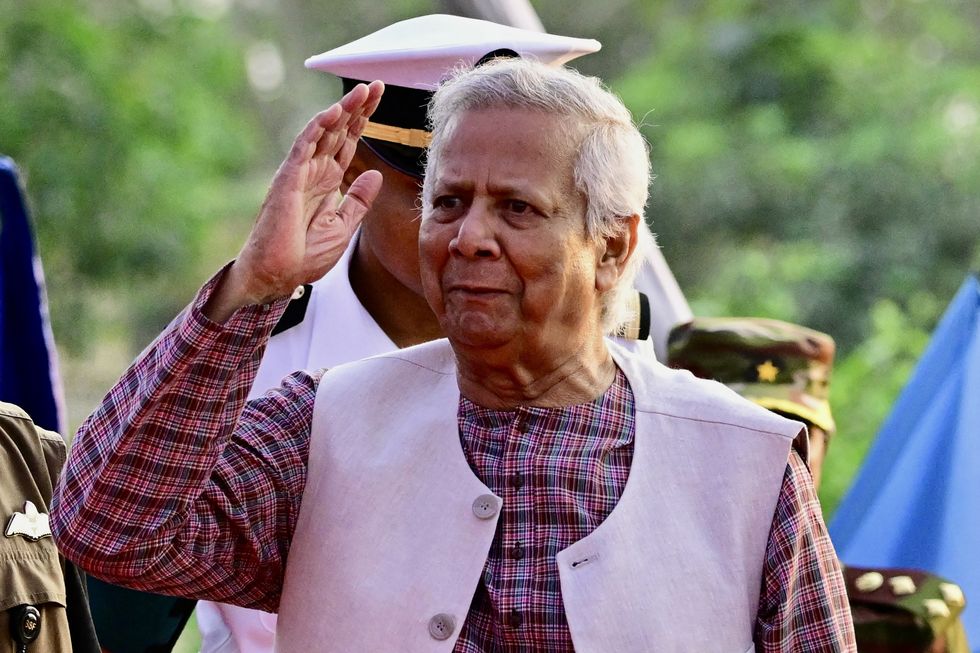AN ERNST & YOUNG (EY) office in Pune, India, which employed a 26-year-old audit executive who allegedly died due to work-related stress, has been operating since 2007 without a necessary state permit, according to a senior government official. The incident has prompted both federal and state-level investigations into the firm’s operations.
The deceased employee, Anna Sebastian Perayil, reportedly died of cardiac arrest, and her mother, Anita Augustine, has publicly blamed the firm for an "overwhelming workload" in a letter addressed to EY India Chairman Rajiv Memani. Her letter, which has since gone viral on social media, claims Perayil worked late nights, even on weekends, with no time for rest.
The Maharashtra labour department conducted an inspection of the EY Pune office, and additional labour commissioner Shailendra Pol revealed that the office lacked the mandatory registration under the Shops and Establishments Act, which regulates working hours and employee welfare. “The company applied for registration only in February 2024, but we rejected it as they failed to apply when the office began operations in 2007,” Pol said. The firm now has seven days to respond to a show-cause notice explaining the violation.
The law restricts daily working hours to nine and weekly hours to 48. Non-compliance that leads to injury or death of an employee can result in penalties, including imprisonment for up to six months or a fine of up to £5,979, or both.
EY has responded by stating that SRBC & Co LLP, the member firm under investigation, is fully cooperating with the Ministry of Labour. It has also reiterated its commitment to the well-being of its employees, stating that it takes the family's concerns seriously.
Perayil’s death, which occurred in July just four months after she joined EY, has sparked discussions about the mental and physical health toll in high-pressure jobs. Recent cases, including the death of a junior banker at Bank of America and JPMorgan's creation of a new role to address employee well-being, have highlighted the issue across industries.
During the inspection, Pol’s team also reviewed logs related to employee working hours, welfare policies, and details on whether Perayil was asked to work overtime during her short tenure. EY, which employs about 100,000 people across its member firms in India, is now under scrutiny for failing to adhere to multiple legal requirements, including minimum wage laws, maternity benefits, and overtime wages.
Labour Minister Mansukh Mandaviya recently confirmed that the central government is investigating the circumstances surrounding Perayil’s death. Pol added that the EY Pune office was in violation of the Shops and Establishments Act, stating, “A show cause notice will be issued, and based on their response, further action will be determined."
The case has reignited concerns about employee well-being in fast-paced work environments, with calls for better safeguards against excessive workloads and work-related stress.
(With inputs from agencies)


















 Muhammad Yunus
Muhammad Yunus

 Martin Rosenbaum (Pic credit: rosenbaum.org.uk)
Martin Rosenbaum (Pic credit: rosenbaum.org.uk) “This judgement is important for journalists and journalism,” says Eastern Eye’s executive editor, Shailesh Solanki.
“This judgement is important for journalists and journalism,” says Eastern Eye’s executive editor, Shailesh Solanki.